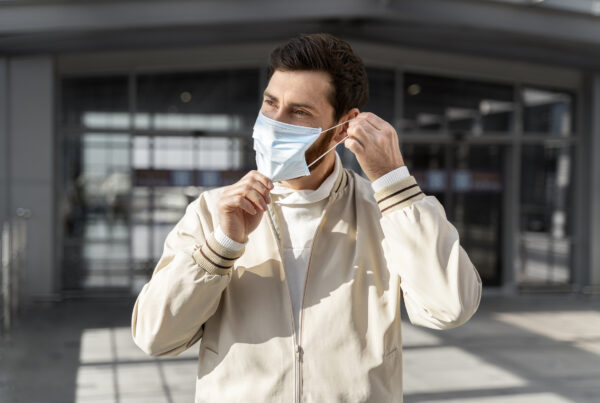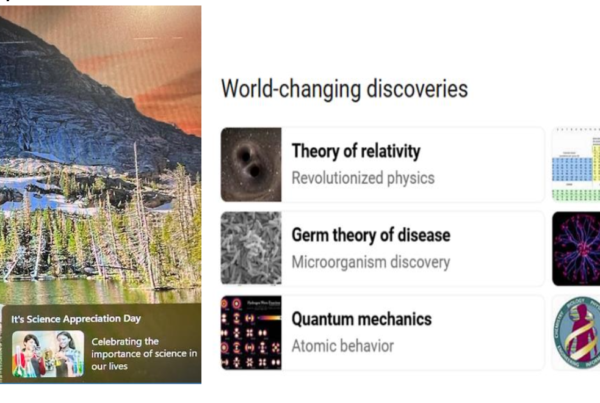By: Dr. Jasen Chau, PharmD
With SARS-CoV-2, also known as COVID-19, shutting down businesses, places of worship, schools, and restaurants throughout the United States for more than a year, there is still much to learn and understand about this respiratory disease. This latest coronavirus has been transforming the world since the end of 2019. Many scientists are working rapidly to determine the molecular and genetic sequence of this disease so that drugs and vaccines can be created. And yet, viruses (and many bacteria) have found ways to evade the many methods and drugs humans use to fight this disease, as they do in nature.
COVID-19 cases were first reported in Wuhan, in the Hubei province of central China, in late December 2019. Hubei was not the only place where the virus spread rapidly. The region was cordoned off by Chinese authorities, who also implemented mitigation measures across the country. Local spread of the virus was under control by April 2020, but COVID-19 had become a pandemic, with cases reported in over 100 countries.

The new SARS-CoV-2 variants in the United Kingdom (UK) and South Africa are causing new concerns. Vaccines and monoclonal antibodies currently in use may be ineffective against the new forms. To avoid further hospitalizations and injuries, this race against time to vaccinate as many people as possible is becoming increasingly necessary. This method of evading current vaccines and treatments causes mutations to accumulate and grow at a pace much faster than we can manage. By vaccinating more people more rapidly, the immune system will be able to react and generate antibodies that will neutralize the current strain more effectively before mutations occur.
According to Dr. David Ho, MD, lead author and Director of the Aaron Diamond AIDS Research Center, blood samples from inoculated people with the Moderna and Pfizer vaccines were less effective at neutralizing the two new versions. The 6- to 8-fold decrease in neutralizing activity with the South Africa variant is more concerning, even though the approximately 2-fold loss of neutralizing activity against the UK variant is unlikely to have any major effect. Even the efficacy of monoclonal antibody drugs against these variants is dwindling.

Physical separation and masking, as well as preventive campaigns, hand sanitization, and vaccination, must continue. Stopping the virus from spreading would prevent new mutations from developing. We must continue to study, understand, and research on the effectiveness of COVID-19 vaccines against these variants to stop the global pandemic and return to some sense of normalcy.












